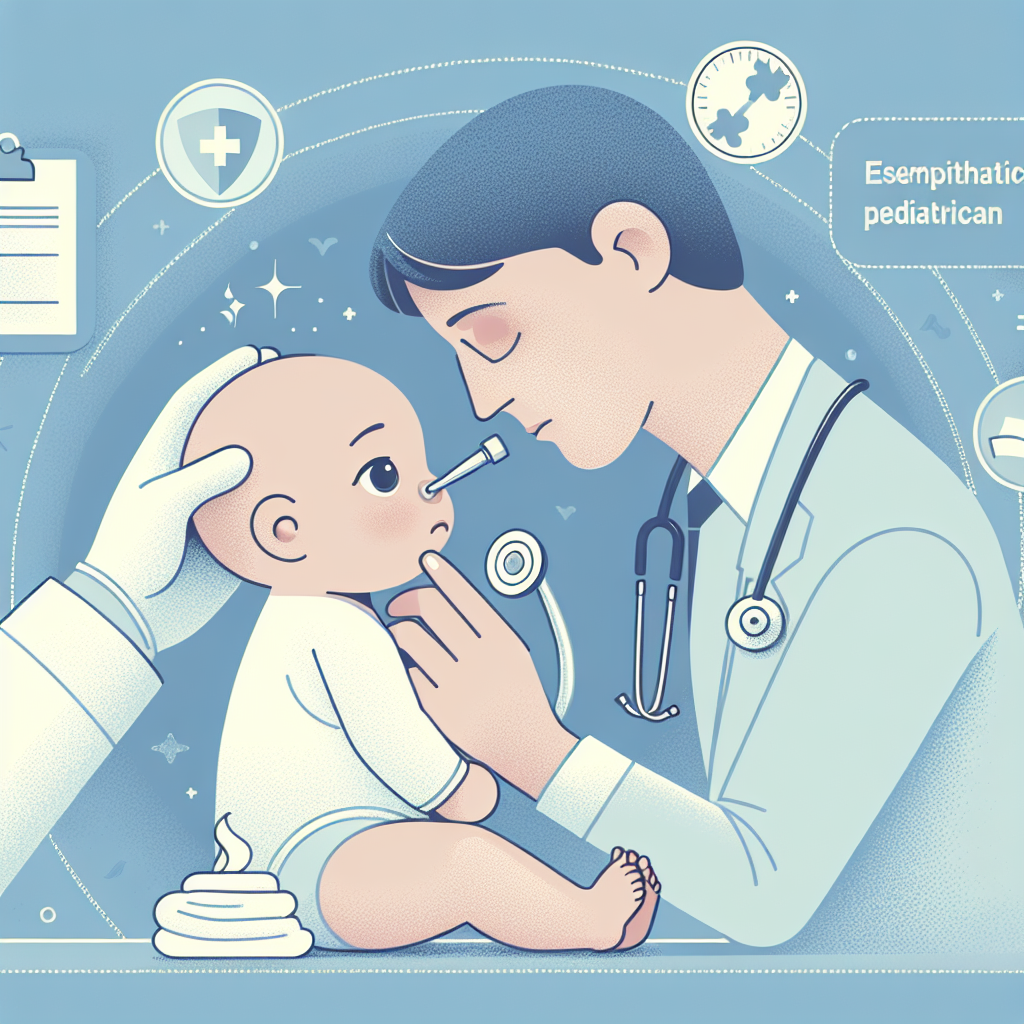Baby Nasal Hygiene: Steps for Proper Nasal Mucous Removal
Introduction
Baby nasal hygiene is a crucial aspect of infant care that can often be overlooked. Clear breathing is essential for good child development, peaceful sleep and efficient nutrition. This comprehensive guide will provide you with the necessary information and demystify the process of cleaning your baby's nose, ensuring that your little ones can breathe without obstruction.
Development of the Respiratory System in Newborns
Babies' respiratory system continues to develop even after birth. As the nose is the first line of defense against germs and allergens, it is vital to keep it clean to facilitate this process. Without proper cleaning, mucus can accumulate bacteria, leading to infections or breathing problems.
Steps To Properly Clean Your Baby's Nose
Cleaning the nose in babies should be done gently and precisely. Here are the steps you need to follow: - Preparation of the necessary material: physiological serum or special solutions from the pharmacy and a nasal aspirator. - Positioning the baby: Place him on his back and stabilize his head. - Saline instillation: A few drops in each nostril to soften the mucosa. - Using the nasal aspirator: Carefully follow the instructions of the chosen device to aspirate mucus without damaging the delicate nasal passages. - Repeat the procedure: If necessary, wait a few minutes and repeat the process to ensure that the nose is completely clean.
Common Problems In The Cleaning Process
Some parents face difficulties in this process. The most common is the baby's discomfort, which can be reduced by using soothing tactics such as calm talking or singing. Another problem may be excessive mucus build-up, which may require medical consultation to rule out more serious causes such as allergies or infections.
Prevention of Respiratory Infections
Maintaining nasal hygiene is an important step in preventing respiratory infections. By removing the nasal mucosa regularly, the risk of agglomeration of secretions and the proliferation of bacteria is reduced.
The Importance of Correct Sanitation in Babies
Getting nasal hygiene right has profound implications for your child's long-term health. A clean nose means better breathing, which contributes to harmonious growth and development. It can also improve the quality of sleep and feeding, essential factors in the first months of life.
Conclusion
The hygiene of the baby's nose is a key task in the daily care of the newborn. Armed with the knowledge and steps outlined in this article, you can ensure that your little one will have easy, unobstructed breathing. Remember that in case of doubt or if you encounter problems, it is always recommended to seek the advice of a pediatrician. Nose cleaning may seem daunting at first, but with a little practice and patience, it will become a simple and quick routine in your baby's care.














































































































































